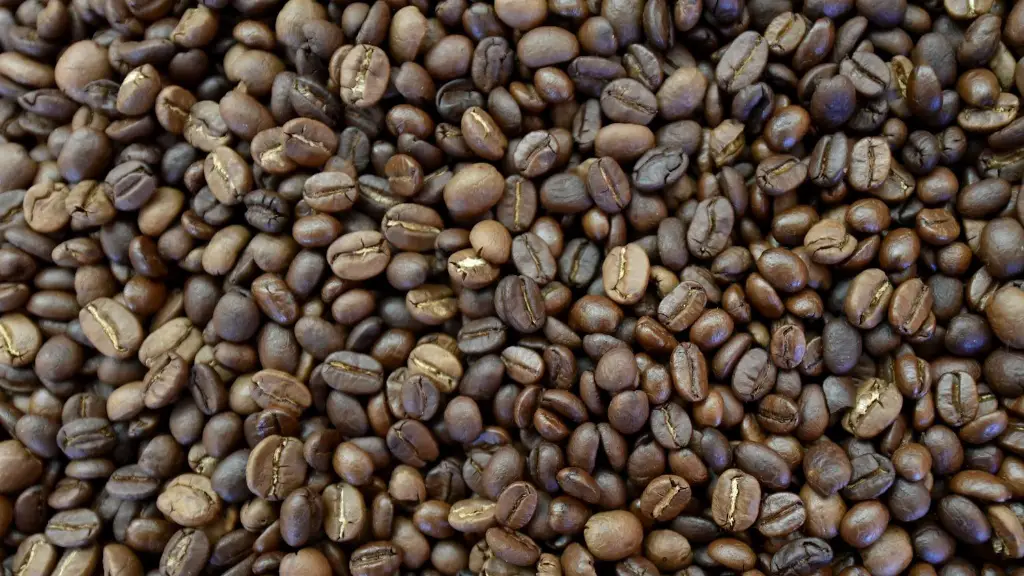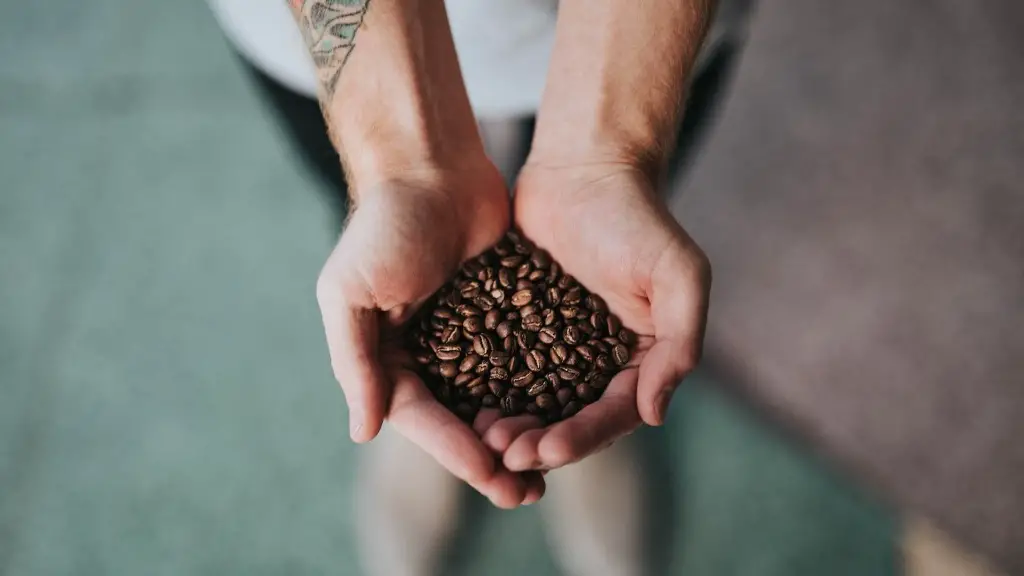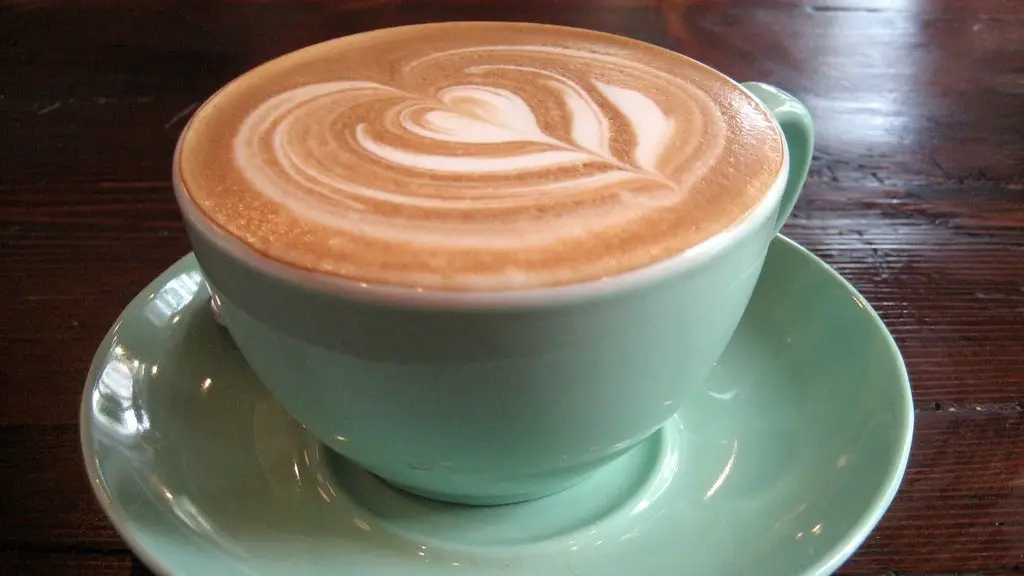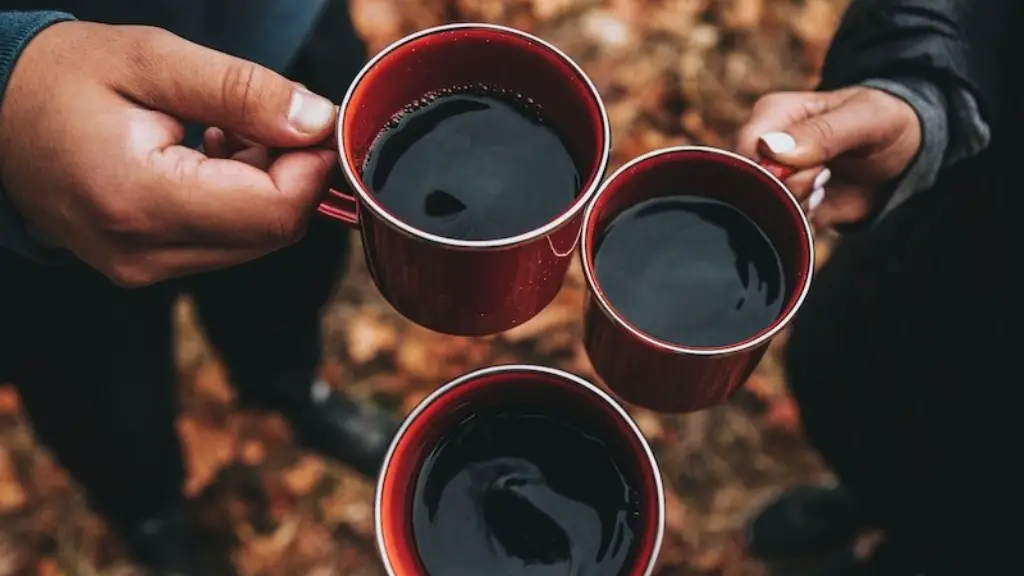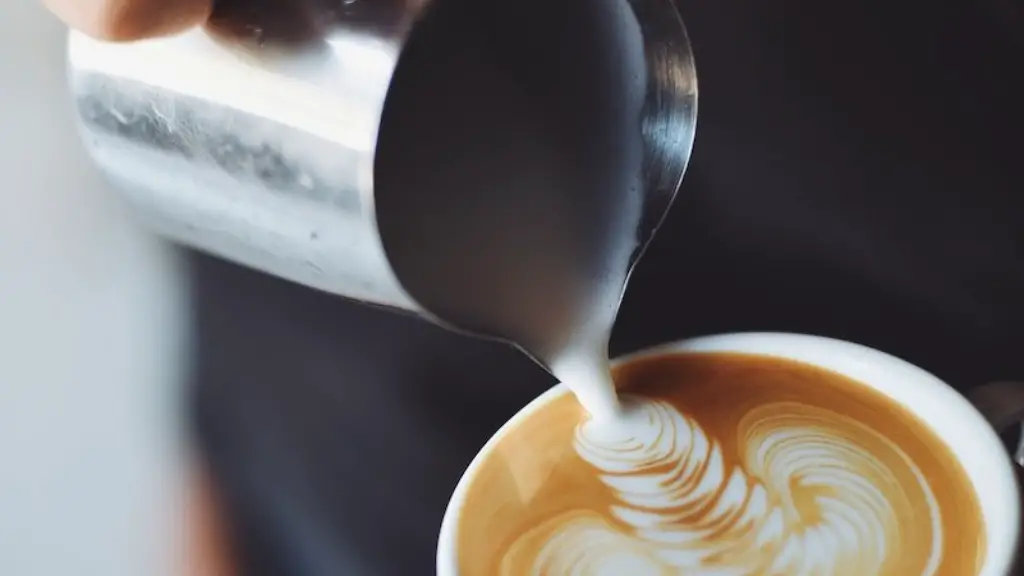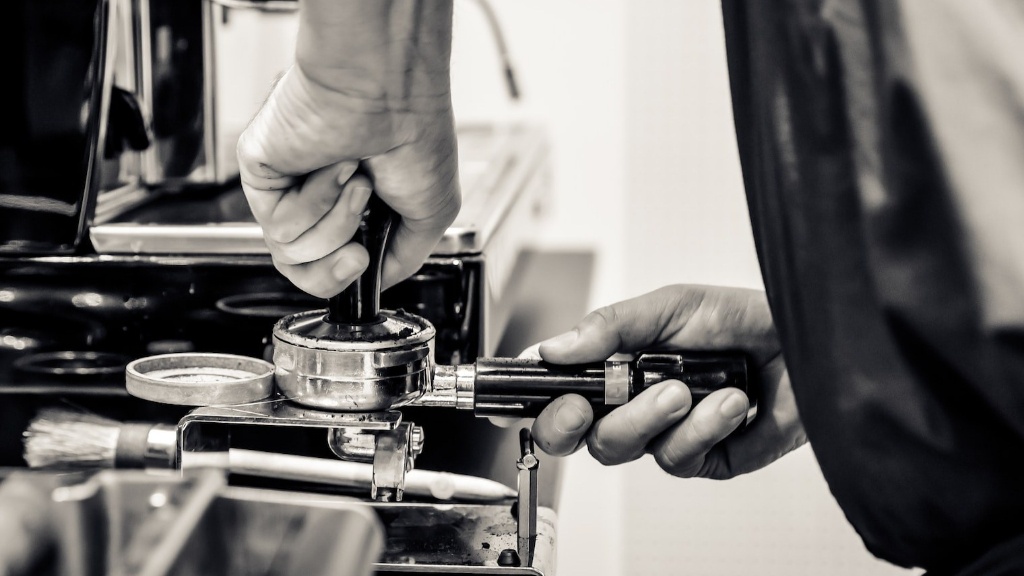Caffeine, found in coffee and energy drinks, is one of the most widely used stimulants around the world. While both drinks may provide a quick energy boost due to their caffeine content, it is difficult to tell if drinking coffee and an energy drink together is bad for your health.
High amounts of caffeine have been linked with negative effects, such as anxiety, restlessness, and heart palpitations. Caffeine tolerance also varies from person to person, so some people may find that they experience more side effects than others.
One study published in 2018 by the journal Current Neuropharmacology showed that people who consumed both coffee and energy drinks had higher levels of caffeine in their system than those who only drank coffee or only drank energy drinks. However, the study did not conclude that this was indicative of any major health issues.
Since caffeine is a stimulant, it is important to understand how much caffeine is in each type of drink. The American Beverage Association recommends that people consume no more than 400mg of caffeine per day, which is equivalent to four 8-ounce cups of coffee or two energy drinks. It is important to note that this does not mean that it is safe to combine the two drinks, but rather that, if consumed separately, the amounts should not exceed this 400mg threshold.
But even with careful monitoring, it is still important to consider how drinking coffee and an energy drink could affect one’s overall health. While some experts argue that there is no problem with consuming both drinks together, a 2015 study published in the journal Nutrition found that people who drank both coffee and energy drinks had a higher risk of developing digestive problems than those who drank only one or the other.
It is important to note that the effects of drinking coffee and an energy drink together may vary depending on one’s weight, metabolism and physical activity. For instance, those who are active and in good health may be able to better handle the combined effects of the two drinks. On the other hand, people who are sedentary and overweight may be more likely to experience negative health effects.
In conclusion, it is difficult to definitively say whether it is bad to drink coffee and an energy drink together. Although both drinks may provide a quick burst of energy, they may have negative effects on one’s health if consumed in excessive amounts or too often. The best way to avoid potential health risks is to monitor how much caffeine one consumes and how often.
Caffeine Content in Coffee and Energy Drinks
While coffee and energy drinks both contain caffeine, the amount found in each can vary significantly. A standard cup of brewed coffee contains 95–200mg of caffeine, while a can of energy drink can contain anywhere from 36–300mg per 12oz serving.
It is important to understand how much caffeine is in each type of drink, as this can help you regulate your intake and make sure that you are not consuming too much over the course of the day. Additionally, the caffeine content in coffee can vary significantly depending on the type of beans and the brewing method used, so it is important to be aware of this when purchasing your coffee.
In addition to caffeine, some energy drinks also contain other ingredients such as vitamins, minerals and herbal supplements, which could lead to an increased risk of side effects. One such example is guarana, an ingredient commonly found in energy drinks which can trigger an increase in heart rate and a decrease in sleep quality.
Finally, while caffeine may provide short-term energy and alertness, it is important to understand that it can have negative long-term effects. Consuming large amounts of caffeine over prolonged periods of time can lead to insomnia, restlessness, and anxiety.
Health Benefits of Drinking Coffee and Energy Drinks
Despite the potential risks of drinking coffee and energy drinks, both beverages can have some health benefits. Coffee, for example, has been found to have a variety of positive effects on the body including reducing the risk of some types of cancer, improving physical performance, and improving cognitive function.
Additionally, energy drinks can provide some benefits as well. Many of them contain vitamins, minerals, and other nutrients which can provide a boost in energy, as well as some other health benefits. One such example is B vitamins, which can help reduce stress and improve mood.
Finally, some energy drinks are fortified with sugar-free alternatives such as artificial sweeteners, which may help to reduce the risk of weight gain or other negative health side effects associated with sugar.
Finding Healthier Alternatives to Coffee and Energy Drinks
Although coffee and energy drinks may have some benefits, consuming too much of either can have negative effects. For those looking to find healthier alternatives, there are several options that may help to provide a boost of energy without the potential risks associated with caffeine.
One such example is green tea, which contains lower levels of caffeine than coffee and is also rich in antioxidants, which can help improve overall health and reduce inflammation. Additionally, green tea can help provide an energy boost without the jitteriness or crashes associated with caffeine.
Other healthy alternatives include matcha and yerba mate, both of which also contain lower levels of caffeine than coffee. Additionally, there a variety of herbal supplements, such as ginseng and maca, which can be added to smoothies or drinks and may provide some additional energy benefits.
Negative Effects of Too Much Caffeine from Coffee and Energy Drinks
Even though coffee and energy drinks can provide some benefits, drinking too much can have some negative effects. One of the most common symptoms of excessive caffeine consumption is insomnia, which is a condition in which one is unable to sleep or stay asleep.
Symptoms of insomnia can range from difficulty falling asleep to waking up several times during the night. Additionally, excessive caffeine consumption can lead to restlessness, irritability, and even depression in some cases.
Caffeine can also cause digestive issues such as bloating, stomach pain, nausea, and diarrhea. Some experts even argue that too much caffeine can lead to a dependence on the substance, as some people become so accustomed to drinking caffeine to get energy that they cannot function without it.
Finally, drinking too much caffeine can lead to dehydration, as caffeine is a diuretic and can increase urinary output. This can cause the body to lose valuable electrolytes, leading to symptoms such as lethargy, dizziness, and confusion.
Easing off Caffeine from Coffee and Energy Drinks
If you find yourself consistently drinking too much caffeine from coffee and energy drinks, you should consider easing off.
Reducing the amount of caffeine that you consume can help to reduce the symptoms of excessive consumption, including restlessness and irritability.
One way to reduce your caffeine intake is to slowly cut down on the amount you drink over time. For example, if you find yourself drinking four cups of coffee a day, you can gradually reduce this to two cups a day or one cup every other day until you no longer feel the need for it.
Additionally, you can switch to decaffeinated coffee, as this can allow you to still enjoy the taste of coffee without the effects of caffeine. Additionally, you could opt for smaller cans of energy drinks, or even try lower-caffeine alternatives such as green tea.
Finally, you could also consider switching to other types of beverages such as fruit juices or smoothies, as these typically contain no caffeine or very low levels of it.
